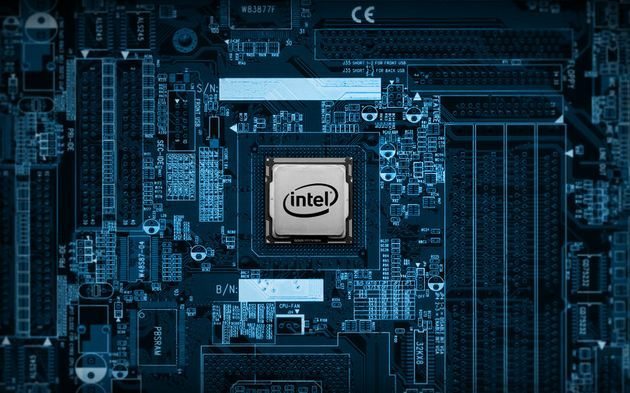Intel Corporation (NASDAQ:INTC) has announced that it has acquired an Italian firm called Yogitech to help boost safety during product development.
The Italian firm’s line of business involves functional security for semiconductors and Intel believes that the firm will help boost its efforts in the Internet of Things as far as security is concerned. Yogitech’s experience with semiconductor and security technology will be of great use to the chip maker because it will assist the firm in the development of systems designed for autonomous vehicles and other aspects of the IoT space.
The two companies did not reveal the terms of the buyout, but it marks Intel’s first acquisition in the European country. Yogitech was launched in 2000, and it managed to raise $3 million during the launch. Pisa’s chamber is also one of Yogitech’s investors. Intel has also previously worked with the Italian firm through Altera which it acquired in 2015. Yogitech also has a working relationship with other chip manufacturing firms such as Infineon and it is not clear how the new deal with Intel will affect the partnership with the other firms.
Functional safety may not sound like one of the most appealing things about autonomous vehicles, but it is one of the most important aspects of the technology. The company tries its best to make sure that the processors running autonomous vehicle systems operate the way they are supposed to. They are designed to improve on human accuracy in real time and to get these aspects right will be vital towards getting the market to accept the products.
Yogitech will be absorbed into Intel, but the company has not revealed how the implementation process will take place. Altera could, however, hint to where Yogitech will be absorbed. The two firms have been working together on a safety solution known as “lockstep” which was designed for the Nios II integrated processor. The acquisition of the Italian firm has strategically happened just as Intel revamps its efforts in the IoT space.
